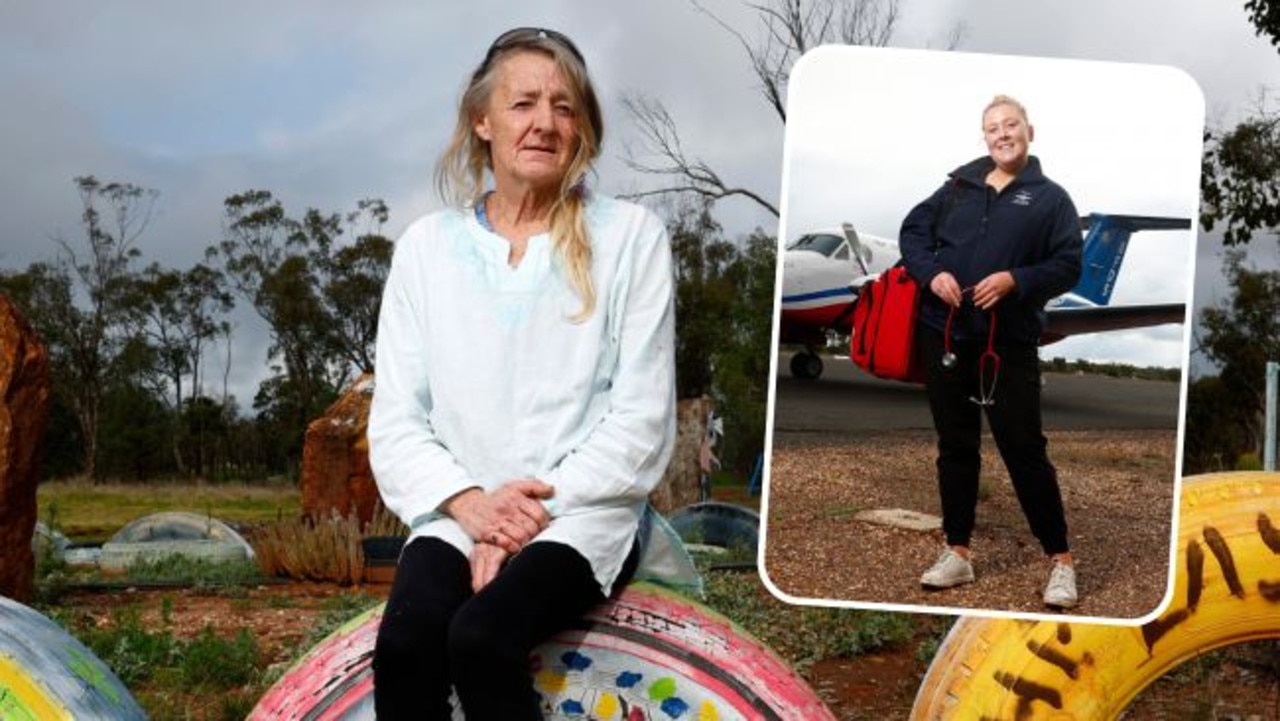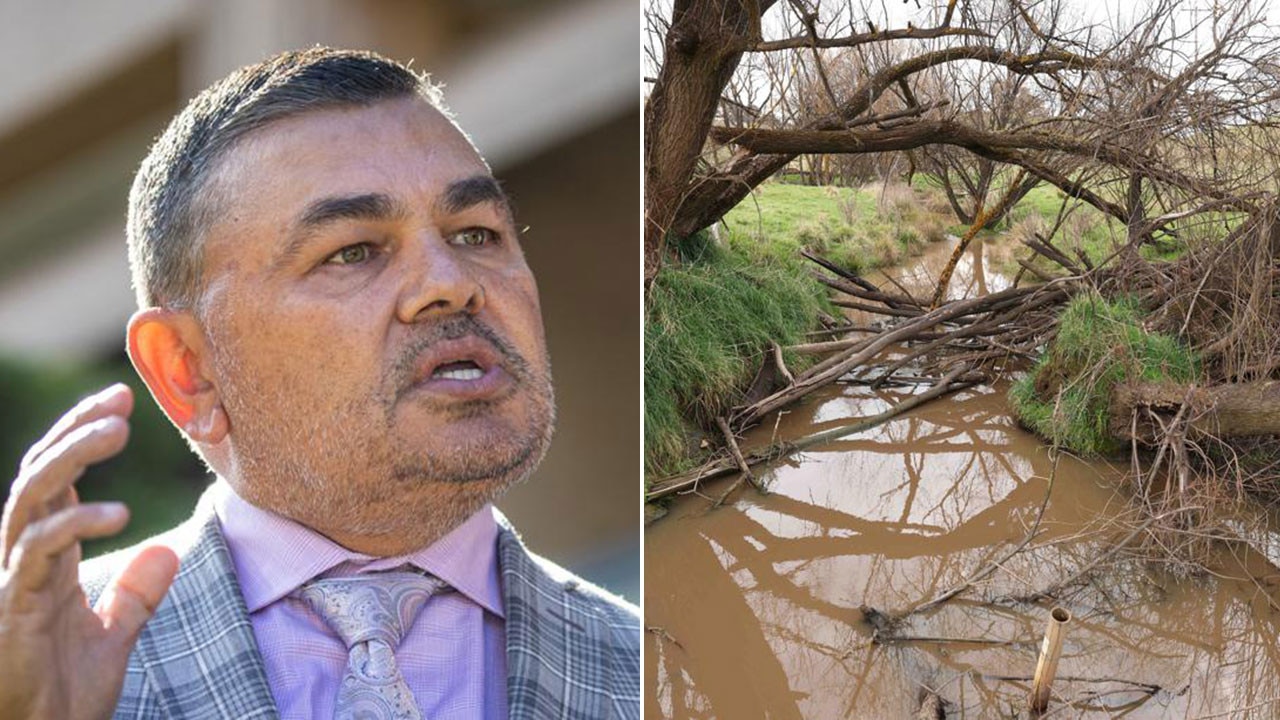Bush Summit 2024: regional Aussies more likely to volunteer than city residents
Cost of living and time pressures are making it harder for Aussies to volunteer – but new research shows people in particular parts of the country are more charitable than others.
Bush Summit
Don't miss out on the headlines from Bush Summit. Followed categories will be added to My News.
Regional Australians are finding it harder to volunteer in their local communities, but they still outdo their city cousins.
New research by Kantar, on behalf of insurer Suncorp and conducted for News Corp Australia’s Bush Summit campaign, found a quarter of Australians regularly volunteer.
Schools, the local State Emergency Service, surf lifesaving clubs, local charities and Meals on Wheels are still the most common organisations for Australians to pitch in their help.
But of those lending a hand, a quarter are spending less time volunteering now compared to a year ago.
The Suncorp research found cost of living pressures and being time poor due to work and family commitments were the biggest factors.
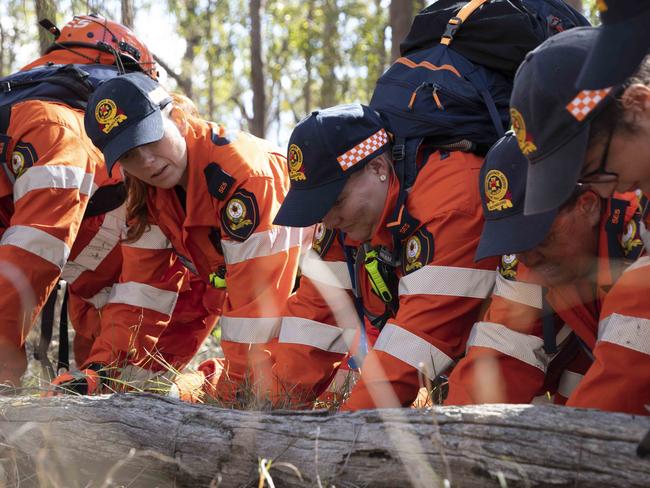
“Regional and rural communities rely on the hard work and dedication of volunteers to provide critical services,” Suncorp’s Consumer Insurance chief executive Lisa Harrison said.
“Suncorp’s research tells us roughly a quarter of Australians regularly volunteer, but worryingly out of those that do, a quarter are volunteering less now compared to one year ago.
“Cost of living pressures and time commitments are the leading causes for people to volunteer less – so there is an important role for employers to help support their people to give back locally.
“Here at Suncorp, we offer paid volunteer leave to all employees, as well as unlimited paid emergency response leave to employees volunteering with organisations such as the SES. In the last year we’ve covered more than 7000 hours.”
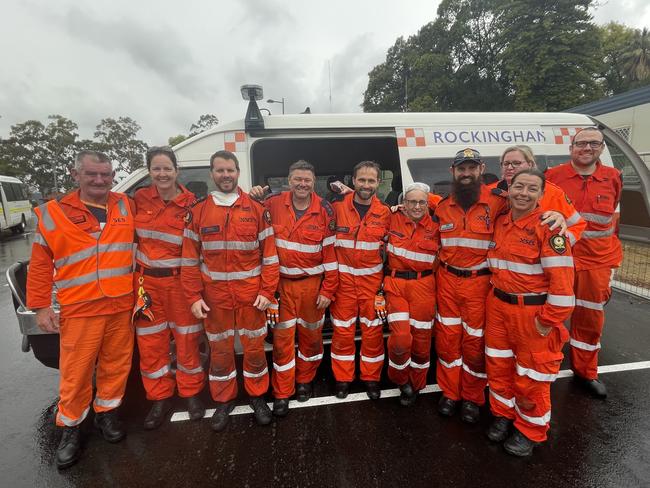
The research was compiled through a national survey with a representative sample of 1500 adults.
It also found regional Australians were more committed to volunteering with local organisations.
While 52 per cent of respondents in metropolitan areas said they didn’t have time to volunteer because of work and family commitments, that number dropped to 34 per cent in the regions.
And 41 per cent in metro areas blamed cost of living pressures for volunteering less, compared to 23 per cent in regional areas.
SES chief officer Mark Armstrong the service was built on the goodwill of its volunteer members.
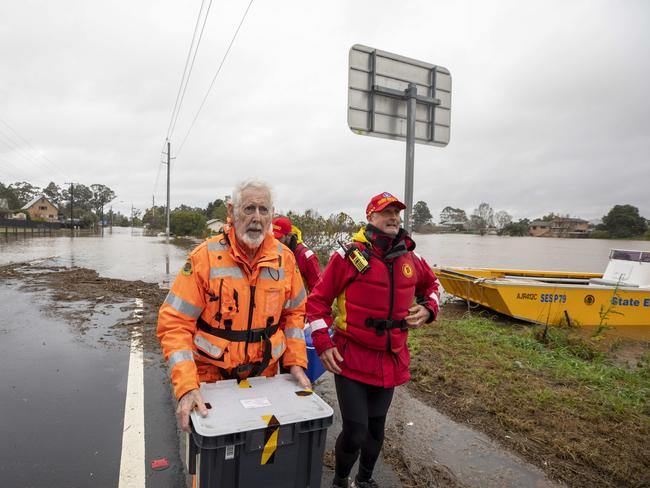
“In many regional areas, SES volunteers are integral to community resilience, offering not only their skills and expertise but also fostering a strong sense of solidarity and support among residents,” he said.
“Beyond their emergency response duties, they also engage in community education, helping locals prepare for and mitigate the impacts of disasters.
“Through recruit courses, regional training delivery and new equipment, we are striving to build a resilient network of volunteers who are equipped and empowered to respond effectively in times of need.”

